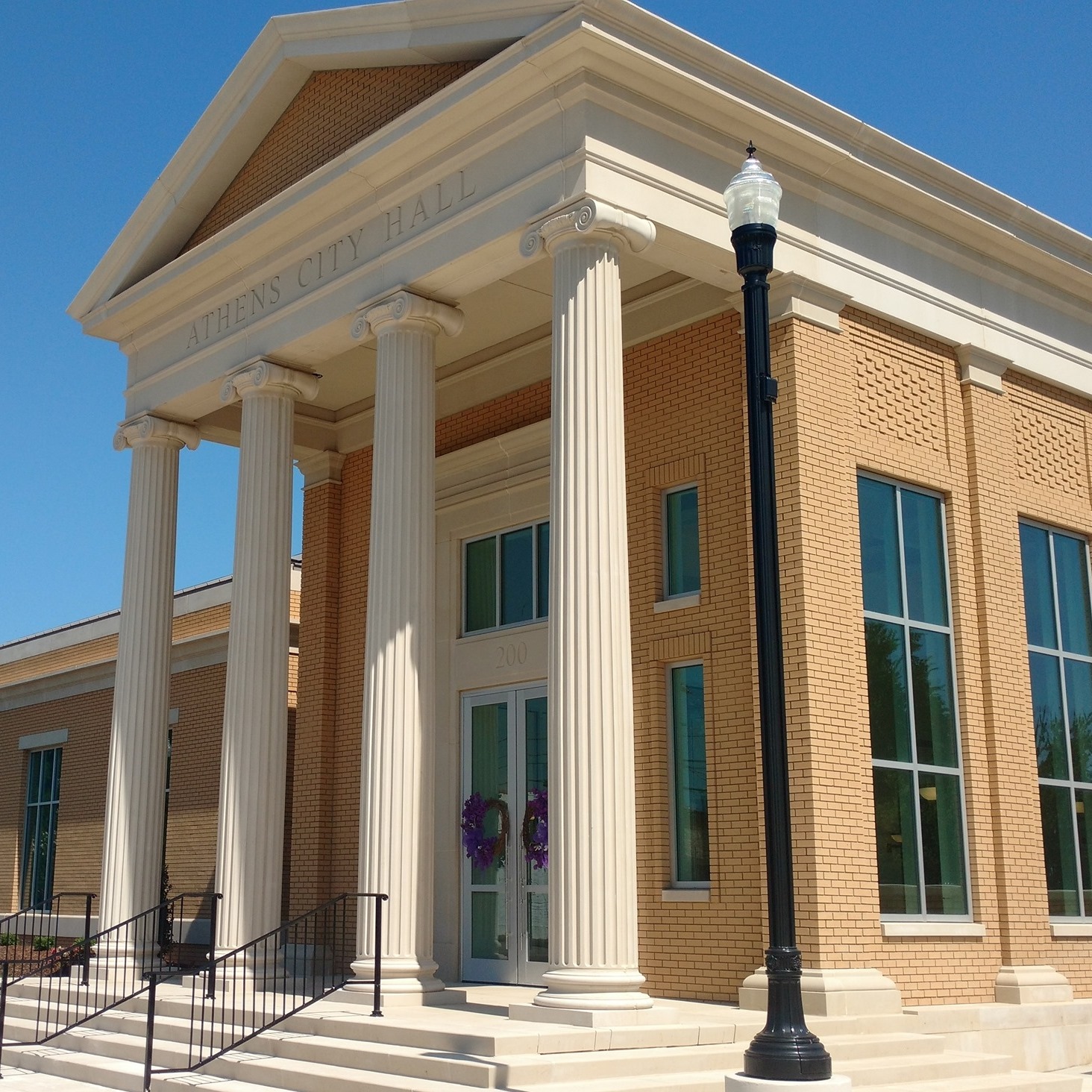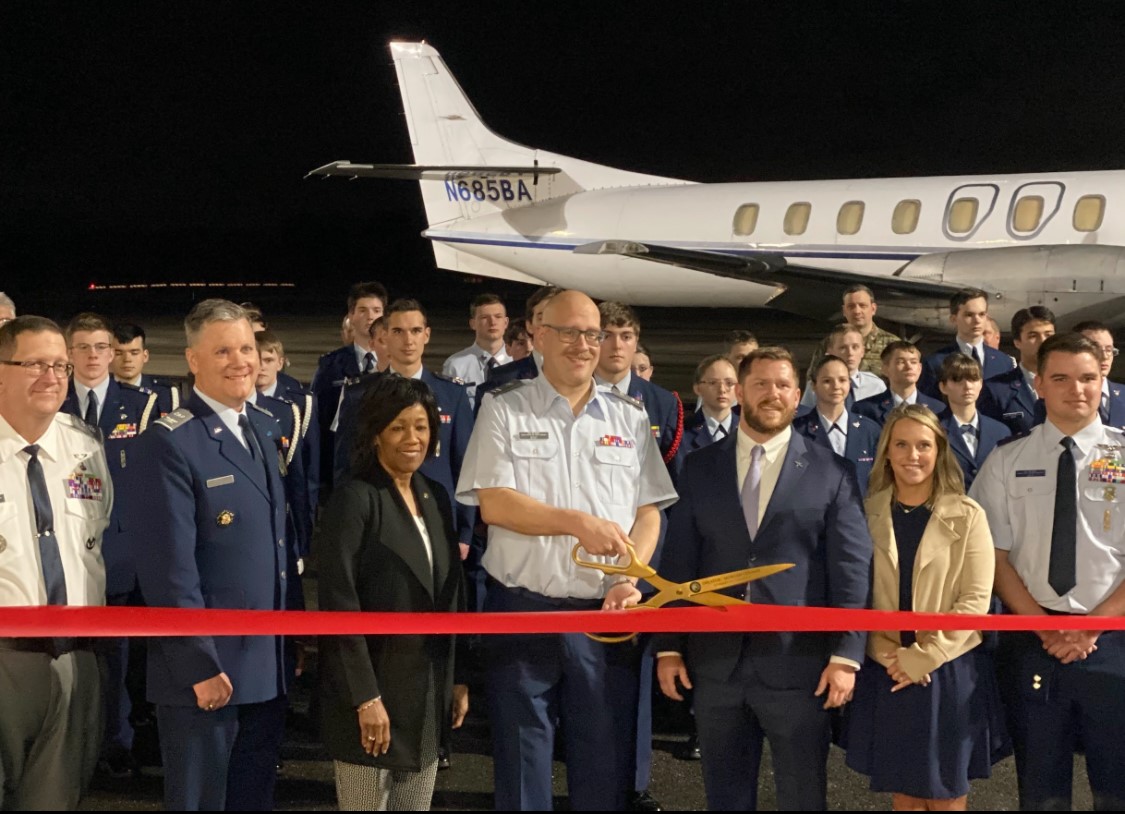CRUMBS OF CANDOR: A true Appalachian
Published 11:30 am Saturday, February 10, 2024
If you are from Appalachia you should be able to easily relate to this and, if you’re not from there, it gives a really good insight into life in the mountains.
First of all, we’re not Southern; we’re Appalachian. (Pronounced App-eh-latch’-ah.)
Trending
Appalachians don’t live on big farms; there are none to be had. We have big mountains and skinny valleys and we perch our houses on one or in the other. We don’t raise much cattle, they don’t thrive on the mountainsides; most families used to depend on a good milk cow. People and goats are about all that adhere well to life in these hills.
We’re strong. We adapt. We always have. If we can’t work on these mountains, we’ll just work under them in coal mines. People from here don’t know many people that drink sweet tea. I know that equates with southern living. But we’re not Southern; we’re Appalachian. We’re not country; we’re Appalachian. We don’t have a lot of folks wearing cowboy hats. We’re not cowboys. We wear mining hats or coal black, dirty hair from a long day’s work.
Ball caps replace the feel of a mining hat, or just to have something to hide under because we like to be tucked away, just the way we like how these mountains wrap around us. We may have dirty hands, faces and clothes but our hearts are clean. We may ride horses in old tennis shoes, dirty work boots or heavy mining boots with toes made of steel, just like us.
We don’t round up cattle, we blow off steam. We get our heads right and our hearts close to God, spending the evening out brushing down an old horse. Not a thoroughbred, she’s therapy. We don’t have a lot of fields to work. But we like to work the land we have. We get our hands dirty planting corn, beans, peas and potatoes, not enough to sustain an income, but enough to sustain our family. My family raised soybeans to feed their hogs. We like to prove we can do that — maintain ourselves. We know how to skin a buck, run a trot line and kill a chicken. Appalachians really can survive. And we’re not country; we’re Appalachian. We’re not city folk, for sure, and we’re not even town folk. We’re Appalachian.
We’re probably not current with the trends. Our men wear old work clothes for work, new work clothes to go into town. Depending on whether the coal black on their hands looks fresh or half-scrubbed away, we know which direction they’re headed. But those dirty hands keep their babies in clean clothes and shoes.
Babies and children are still a blessing; one of the greatest. Family, love and loyalty are still in fashion.
Trending
We may even head out to Lexington or Asheville, places as foreign to our lives as countries across the ocean, to get some school clothes. And we will wear them to school, to play and out in the gardens in the mud and dirt to help our family hoe the corn.
We don’t have anything to prove. People outside of these mountains don’t care about us. And people inside these mountains already know. Folks in the city look at us with wide-eyed wonder, maybe amusement or even disgust. But we don’t worry because we seldom need to go there, and they haven’t a clue how it would benefit their souls to come here. So our paths rarely cross.
There’s nothing wrong with southern folk, country folk or city folk. We see their worth, each group of them, and appreciate what they do. But we’re not them. Some of us have been amongst them, and learned from them, loved them, traveling into their worlds on the working backs of the people in our world. Sent to learn, to broaden, and hopefully to do better than the generation before us. Just like everywhere else, that’s what we want for our children. But it is often that we learn that nothing is better than what we have — hard work, big hearts, warm souls, level heads, wisdom, strength, perseverance, honesty, sincerity and love and the memories of the hills and hollers, which fill my mind.
When we find out they knew better all along, we come home. We are our own. And to understand us is to love us. So just try to understand.
Families mean everything and being a good neighbor is a way of life. We love deeply and are filled with compassion — for our own and others.
We are not Southern. With a rich heritage, our own way of speaking and limitless ingenuity, we are Appalachian.





